According to the CDC, 35% of adults in Kentucky are living with at least one type of disability, including mobility (18%), cognition or intellectual (17%), independent living (11%), hearing (8%), or vision (7%) impairments.18 Therefore, to create inclusive, safe, resilient, and sustainable communities (SDG, Goal 11) in Kentucky—PWD must be meaningfully included and supported in sustainability plans. Additionally, many PWD are reliant on a caregiver to navigate daily challenges and/or make choices (e.g., purchase decisions). Organizations that intentionally include these voices and communicate how their sustainability efforts support specific needs, may (a) minimize the risk of exacerbating inequities, (b) improve company perceptions, and (c) contribute to better environmental outcomes.
The goal of this project is to leverage a transdisciplinary approach to answer this call. This project would develop and pilot inclusive best practices for organizations to implement CSR communication, or augment existing efforts in ways that include and support PWD. This work will be informed by the principles of universal design (UD).19,20 This project seeks to better understand the experience of climate-related issues from the perspective of PWD and their caregivers. Then, using UD principles as a guiding framework, the insights gathered from this research will inform the development of best practices for organizations (both the university and Lexington businesses) to implement inclusive CSR communication. Businesses in general, and strategic communication managers in particular, can use these recommendations to improve their CSR efforts in ways that give voice to more people. Importantly, approaching this project from the lens of UD, all individuals—including those representing other marginalized groups—would benefit from the recommendations.
Team Members: Dr. Erin B. Hester, Assistant Professor, Department of Integrated Strategic Communication, College of Communication and Information; Sarah A. Geegan, PhD, Assistant Professor, Department of Integrated Strategic Communication; Lindsey C. Mullis, MS, Disability Program Administrator, UK Human Development Institute; Jason Jones, Disability Specialist, UK Human Development Institute; Laura Butler, RS, MPH, Disability Program Administrator, UK Human Development Institute; Ketrell McWhorter, PhD, MBA, ACE-CPT, ACE-FNS, Assistant Professor, Department of Epidemiology and Environmental Health, College of Public Health; Janie Cambron, RS, MPH, Associate Dean for Practice and Workforce Development, College of Public Health; Ariel Arthur, Manager, Center for Health Equity Transformation, College of Medicine


